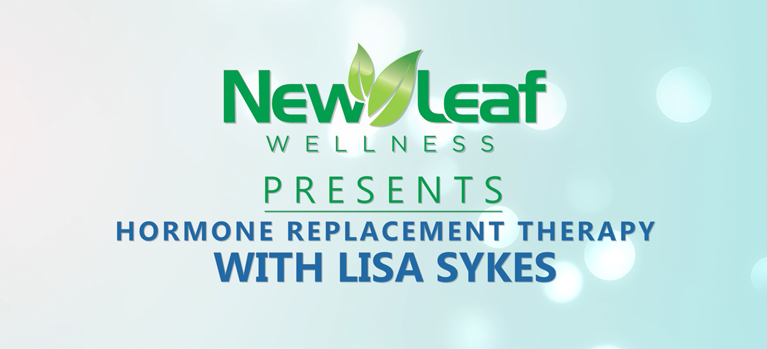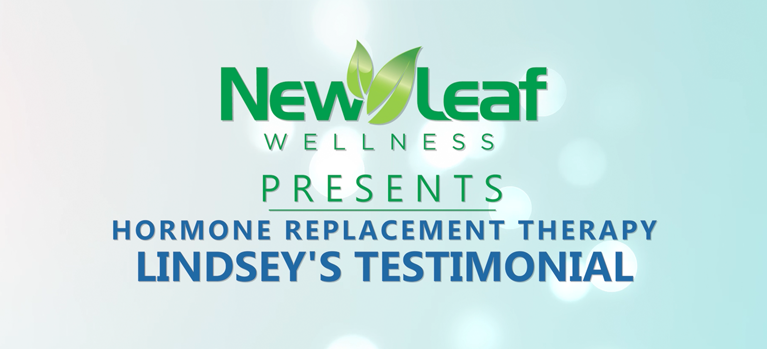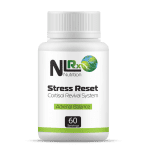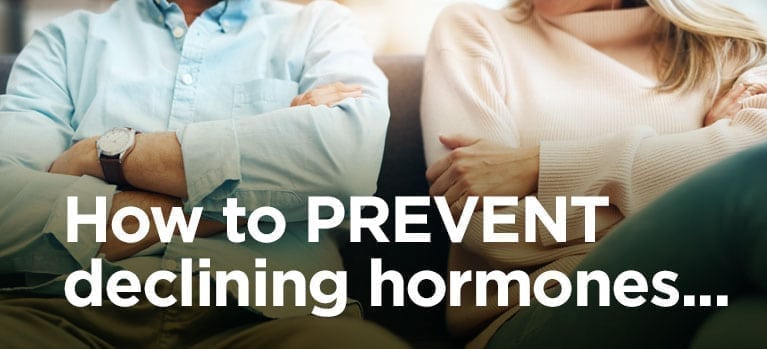What you need to know before taking a vitamin or mineral supplement.
The average American diet leaves a lot to be desired. Research finds our plates lacking in a number of essential nutrients, including calcium, potassium, magnesium, and vitamins A, C, and D. It’s no wonder that more than half of us open a supplement bottle to get the nutrition we need. Many of us take supplements not just to make up for what we’re missing, but also because we hope to give ourselves an extra health boost—a preventive buffer to ward off disease.
Getting our nutrients straight from a pill sounds easy, but supplements don’t necessarily deliver on the promise of better health. Some can even be dangerous, especially when taken in larger-than-recommended amounts.
How Much of Each Nutrient Do You Need?
Here are the recommended levels of daily intake for several important nutrients. |
| Nutrient |
How Much You |
Don’t Exceed |
| Calcium |
1,000–1,200 mg |
2,000 mg |
| Folate |
400 mcg |
1,000 mcg |
| Iron |
8 mg |
45 mg |
| Vitamin A |
700 mcg RAE* |
3,000 mcg RAE |
| Vitamin B 6 |
1.5 mg |
100 mg |
| Vitamin B 12 |
2.4 mcg |
No established
upper limit |
| Vitamin C |
75 mg |
2,000 mg |
| Vitamin D |
600–800 IU |
4,000 IU |
| Vitamin E |
15 mg |
1,000 mg |
| *Retinol activity equivalents |
The Excitement Over Supplements
We’ve heard a lot of encouraging news about supplements. A series of studies hailed vitamin D as a possible defense against a long list of diseases, including cancer, diabetes, depression, and even the common cold. Omega-3 fatty acids have been touted for warding off strokes and other cardiovascular events. And antioxidants such as vitamins C and E and beta carotene were seen as promising silver bullets against heart disease, cancer, and even Alzheimer’s disease.
Here’s the big caveat: Many of those exciting supplement studies were observational—they didn’t test a particular supplement against a placebo (inactive pill) in a controlled setting. The results of more stringent randomized controlled trials haven’t yielded the same good news.
“Often the enthusiasm for these vitamins and supplements outpaces the evidence. And when the rigorous evidence is available from randomized controlled trials, often the results are at odds with the findings of the observational studies.”
– Dr. JoAnn Manson, Chief of Preventive Medicine at Brigham and Women’s Hospital, Professor of Medicine at Harvard Medical School, and Principal Investigator of a large randomized trial known as VITAL (Vitamin D and Omega-3 Trial).
Because observational studies may not fully control for dietary factors, exercise habits, and other variables, they can’t prove whether the treatment is responsible for the health benefits. “People who take supplements tend to be more health conscious, exercise more, eat healthier diets, and have a whole host of lifestyle factors that can be difficult to control for fully in the statistical models,” Dr. Manson continues.
Diving Deeper
Some supplements that were found to have health benefits in observational studies turned out, with more rigorous testing, to be not only ineffective but also risky. Vitamin E, which was initially thought to protect the heart, was later discovered to increase the risk for bleeding strokes. Folic acid and other B vitamins were once believed to prevent heart disease and strokes—until later studies not only didn’t confirm that benefit but actually raised concerns that high doses of these nutrients might increase cancer risk.
How to Get Your Nutrients
We need a variety of nutrients each day to stay healthy, including calcium and vitamin D to protect our bones, folic acid to produce and maintain new cells, and vitamin A to preserve a healthy immune system and vision.
Yet the source of these nutrients is important. “Usually it is best to try to get these vitamins and minerals and nutrients from food as opposed to supplements,” Dr. Manson says.
What Are The Best Sources?
Fruits, vegetables, fish, and other healthy foods contain nutrients and other substances not found in a pill, which work together to keep us healthy. We can’t get the same synergistic effect from a supplement. Taking certain vitamins or minerals in higher-than-recommended doses may even interfere with nutrient absorption or cause side effects.
Food Sources of Nutrients
|
| Nutrient |
Food sources |
| Calcium |
Milk, yogurt, sardines, tofu,
fortified orange juice |
| Folic acid |
Fortified cereal, spinach,
lentils, beef liver |
| Iron |
Oysters, chicken liver, turkey |
| Omega-3
fatty acids |
Salmon, sardines, flaxseed,
walnuts, soybeans |
| Vitamin A |
Sweet potato, spinach, carrots,
cantaloupe, tomatoes |
| Vitamin B6 |
Chickpeas, salmon,
chicken breast |
| Vitamin B12 |
Clams, beef liver, trout,
fortified breakfast cereals |
| Vitamin D |
Salmon, tuna, yogurt,
fortified milk |
| Vitamin E |
Wheat germ oil, almonds,
sunflower seeds, peanut butter |
How Dr. Manson Weighs Supplements
Before you take any supplements for disease prevention, it’s important to know whether the potential benefits outweigh the risks. To make that conclusion, you need to look at the results of well-designed studies. A recent randomized trial in men suggested multivitamins have possible benefits for cancer prevention. For many of the other popular supplements, including vitamin D and omega-3 fatty acids, results from randomized controlled trials should be available within the next five years, according to Dr. Manson.
Until then, be judicious about your use of supplements. If you’re lacking in a particular nutrient, ask your doctor whether you need to look beyond your diet to make up for what you’re missing—but don’t take more than the recommended daily intake for that nutrient unless your health care provider advises it.











 So, these symptoms may be clues that you have adrenal fatigue and could benefit from STRESS RESET. For more, click to learn more or purchase a 30-day supply.
So, these symptoms may be clues that you have adrenal fatigue and could benefit from STRESS RESET. For more, click to learn more or purchase a 30-day supply. 






